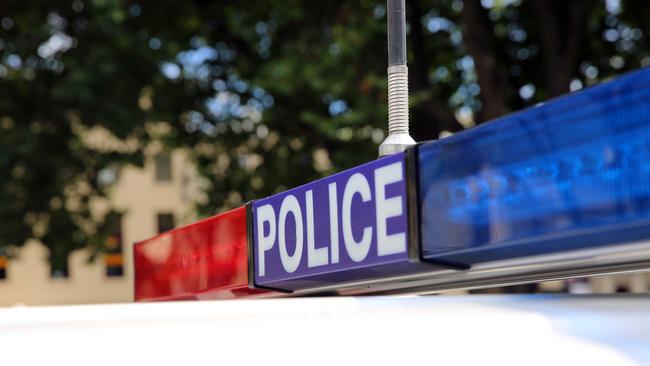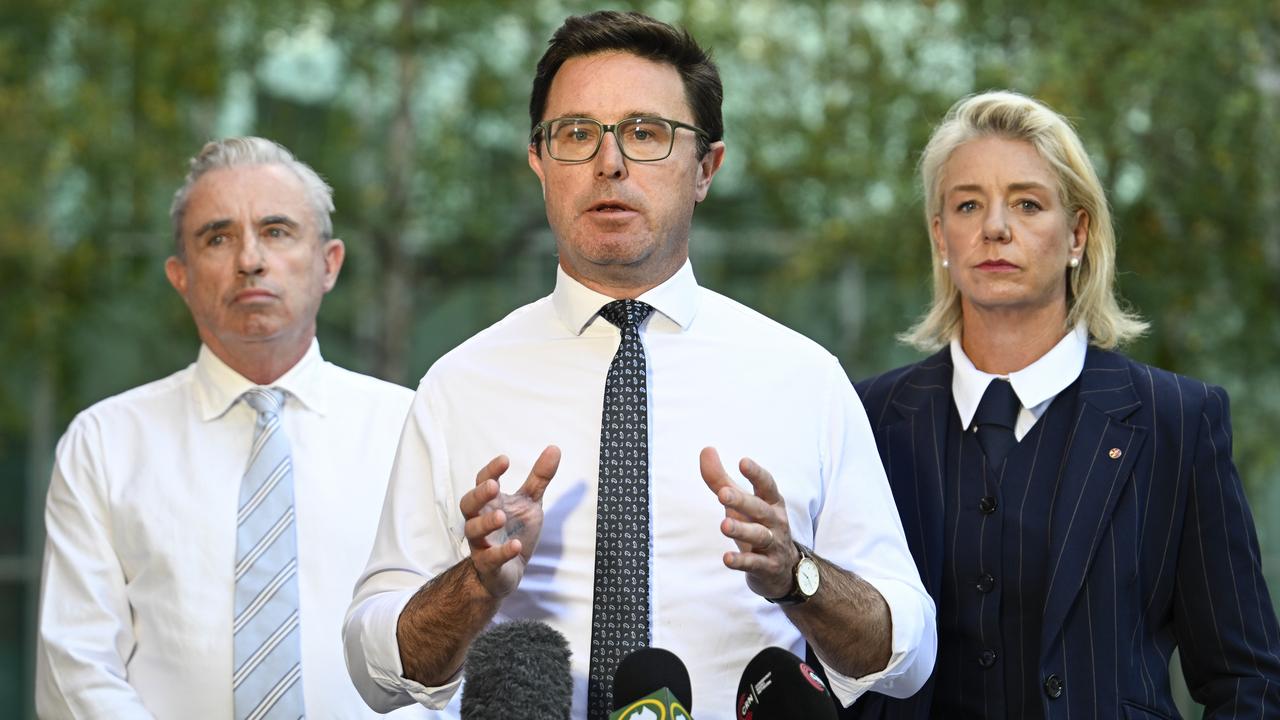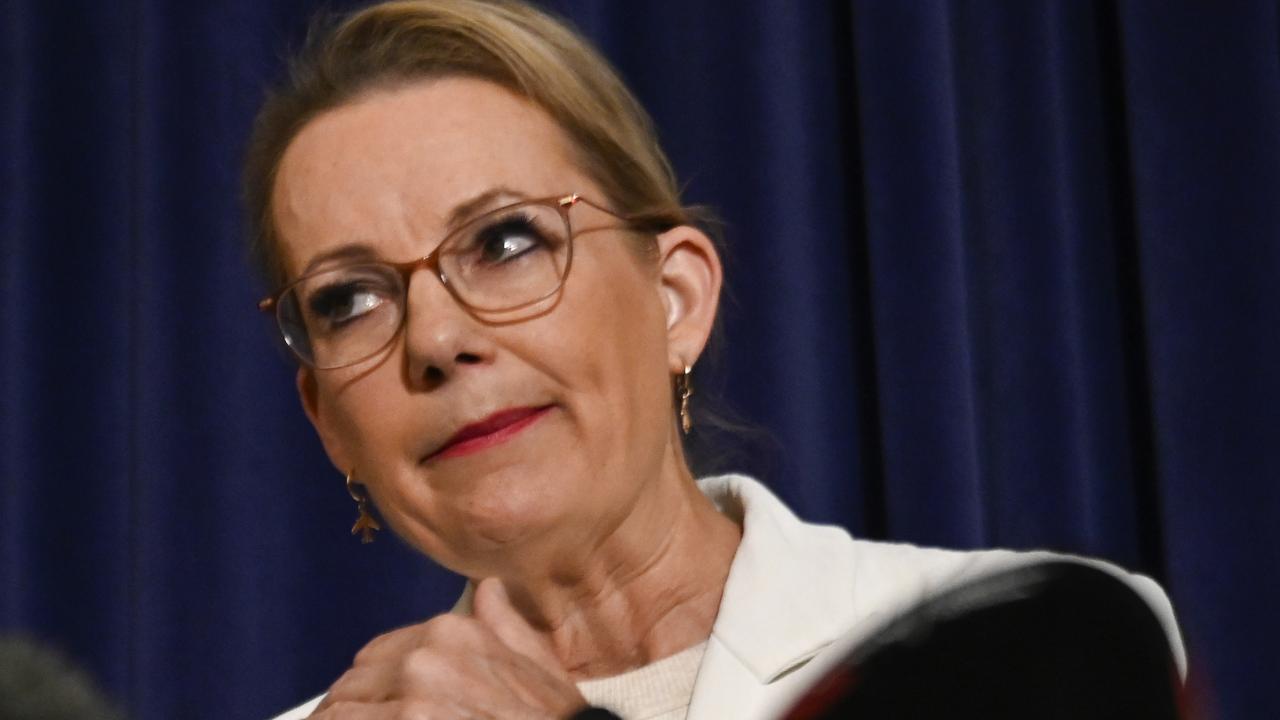Talking Point: Bikies consorting ban open to abuse
GREG BARNS: Too much power has been handed to police under new Tasmanian law

Opinion
Don't miss out on the headlines from Opinion. Followed categories will be added to My News.
In 2002 American judge Damon Keith said that “democracies die behind closed doors.” What a pity that all of those politicians in Tasmania who last week voted for one of the most dangerous increases of police power in recent memory did not remember their duty to democracy and the rule of law.
The Police Offences (Consorting) Bill 2018 represents another nail in the coffin of fairness and transparency. It is the brainchild of police and their willing advocate, Michael Ferguson, the minister responsible for doing the power grabbing of Tasmania Police.
This law allows for police to issue what is called an official warning; to stop people having any form of communication for a period of five years simply because they have been convicted of an “indictable offence”, which includes very minor matters such as shoplifting and possession of drugs. It does not matter that the offence was committed 15 years ago. While the warning can only be issued by a senior officer the threshold for satisfaction is extraordinarily low. It is simply that the officer thinks it is “desirable” to issue the warning because this will help disrupt criminal networks.
The person who has their freedom of association curtailed in this way can apply for an internal review. Of course police are notorious for rubber-stamping their colleagues. After that you can go to the Magistrates Court but you can be excluded from the hearing or receiving evidence if it contains “criminal intelligence”. In other words, secrecy and inherent unfairness to the individual harmed by the notice.
The Australian Lawyers Alliance, a nationwide organisation of progressive lawyers (disclaimer: this columnist is a former national president and a spokesman for the alliance) proposed that the power to issue a notice should be removed from police and placed in the hands of the courts. This proposal accords with one of the key features of the rule of law — that when you impinge on the rights of individuals in a substantive fashion it is the courts who should oversee this, not self-serving police officers.
Such a proposal elicited a very troubling response from Mr Ferguson. On August 30 he said his reason for opposing courts being involved: “It does not give [lawyers] any chance to drag this through court with injunctions and legal moves, adjournments, gathering of evidence, cross examination, questioning witnesses, going after people to suggest they are not fit to sit over a case, and vexatious claims that would drag this out for years and would only give the upper hand to the outlaw bikie gangs and their criminal defence lawyers.”
Mr Ferguson’s remarks are deeply troubling. He appears to be unfamiliar with the basic workings of democracy and the fundamental principles of the rule of law.
What is also troubling is the breathtaking naivety of some Legislative Council MPs who voted for this legislation. Kerry Finch, a Launceston based MP, says police will not abuse the law. They will not “run around willy-nilly because it’s a good thing to do” Mr Finch asserts. What planet has he been living on? Police routinely abuse powers and in fact this law is broadly drafted and allows for such a level of secrecy it is inevitable it will be abused. Fortunately Mr Finch’s colleague Rob Valentine is more perceptive and has principle on his side. He refused to support the law. He refused to be intimidated by the senior police officers sitting in their uniforms on the floor of the Legislative Council advising on the Bill.
Mr Ferguson and his supporters say the new law is designed to stop bikie gangs. But there is no reference to bikies anywhere in the law. It is an attack on freedom of association, nothing more and nothing less. Police will use it to harass individuals, and as a Liberal Party member said to a colleague of this columnist last week the law is designed to “stop riffraff from congregating.”
It is deeply disappointing that the Legislative Council decided to support Mr Ferguson and Tasmania Police’s latest authoritarian power grab. The more enlightened and liberal members of the council have rejected mandatory sentencing but now support a law that is equally odious. Intellectual inconsistency to say the least.
The ALP has been no better. Yet again, as happens as the federal level, it buckles when confronted with supporting unambiguously transparency and human rights. Amending a bad law does not make it a good law.
So watch how this law works: Secret hearings, evidence that is not disclosed, and restrictions placed on anyone Tasmania Police does not like. Unions, environmental groups and those who police harass because of their criminal history will be the victims of this latest attack on democracy.
Hobart barrister Greg Barns is a human rights lawyer and was an adviser to state and federal Liberal governments.


